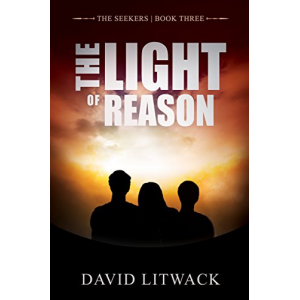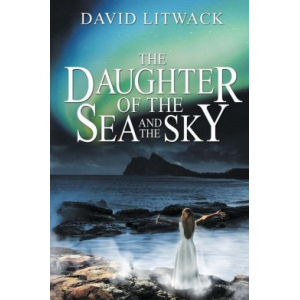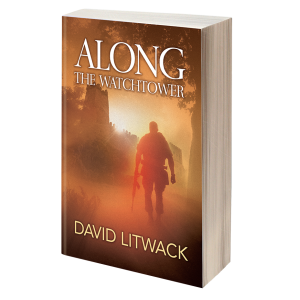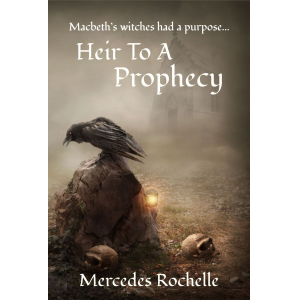- Author
- Book
- Story behind the book
- Media Links
- Reviews

Clive Edwards
About
The author led an orthodox but controlled life until the age of 18. Clive Wild was not physically abused but his demeanour was affected by his early home life. He was to been seen but not heard and he eventually believed that. It planted itself in his psyche. His university years brought some joy but he was still that shy youth. This continued into his twenties and he had no girlfriend by the time he was 32. He made a brave decision to work in Saudi Arabia and that shook his world. He made some real money and visited the United States for the first time.
During his time in Saudi Arabia, he had back surgery, had his first manic episode and was locked in a mental ward. This was within a two month period. He returned to England but later worked in the USA for fifteen years.
In the first months in LA, he sought a diagnosis and found one after a three month search. He had moved to LA with his future first wife who he later divorced. He met his second wife in LA and married/divorced/remarried her. He survived a chaotic personal life against a background of Bipolar Disorder.
He returned to England and tried to find work. It became too stressful and he settled for early retirement after his mother passed away in 2007. He lives alone in a small flat in his home town. Most of his friends are in cyberspace. Despite all this, he has never been more positive and hopeful for the future.
He has a good respect for the illness and he has good insight which others can benefit from. He is recovering well while realizing that it is a lifetime commitment and medication is required.
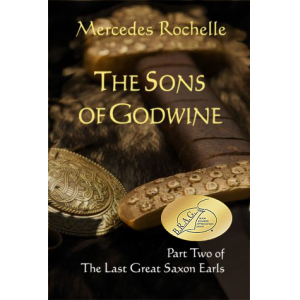
The Sons of Godwine: Part Two of The Last Great Saxon Earls
Description
<p>Emerging from the long shadow cast by his formidable father, Harold Godwineson showed himself to be a worthy successor to the Earldom of Wessex. In the following twelve years, he became the King's most trusted advisor, practically taking the reins of government into his own hands. And on Edward the Confessor's death, Harold Godwineson mounted the throne—the first king of England not of royal blood. Yet Harold was only a man, and his rise in fortune was not blameless. Like any person aspiring to power, he made choices he wasn't particularly proud of. Unfortunately, those closest to him sometimes paid the price of his fame.<br /><br />This is a story of Godwine's family as told from the viewpoint of Harold and his younger brothers. Queen Editha, known for her Vita Ædwardi Regis, originally commissioned a work to memorialize the deeds of her family, but after the Conquest historians tell us she abandoned this project and concentrated on her husband, the less dangerous subject. In THE SONS OF GODWINE and FATAL RIVALRY, I am telling the story as it might have survived had she collected and passed on the memoirs of her tragic brothers.<br /><br />This book is part two of The Last Great Saxon Earls series. Book one, GODWINE KINGMAKER, depicted the rise and fall of the first Earl of Wessex who came to power under Canute and rose to preeminence at the beginning of Edward the Confessor's reign. Unfortunately, Godwine's misguided efforts to champion his eldest son Swegn recoiled on the whole family, contributing to their outlawry and Queen Editha's disgrace. Their exile only lasted one year and they returned victorious to London, though it was obvious that Harold's career was just beginning as his father's journey was coming to an end.<br /><br />Harold's siblings were all overshadowed by their famous brother; in their memoirs we see remarks tinged sometimes with admiration, sometimes with skepticism, and in Tostig's case, with jealousy. We see a Harold who is ambitious, self-assured, sometimes egocentric, imperfect, yet heroic. His own story is all about Harold, but his brothers see things a little differently. Throughout, their observations are purely subjective, and witnessing events through their eyes gives us an insider’s perspective.<br /><br />Harold was his mother's favorite, confident enough to rise above petty sibling rivalry but Tostig, next in line, was not so lucky. Harold would have been surprised by Tostig's vindictiveness, if he had ever given his brother a second thought. And that was the problem. Tostig's love/hate relationship with Harold would eventually destroy everything they worked for, leaving the country open to foreign conquest. This subplot comes to a crisis in book three of the series, FATAL RIVALRY.</p>
